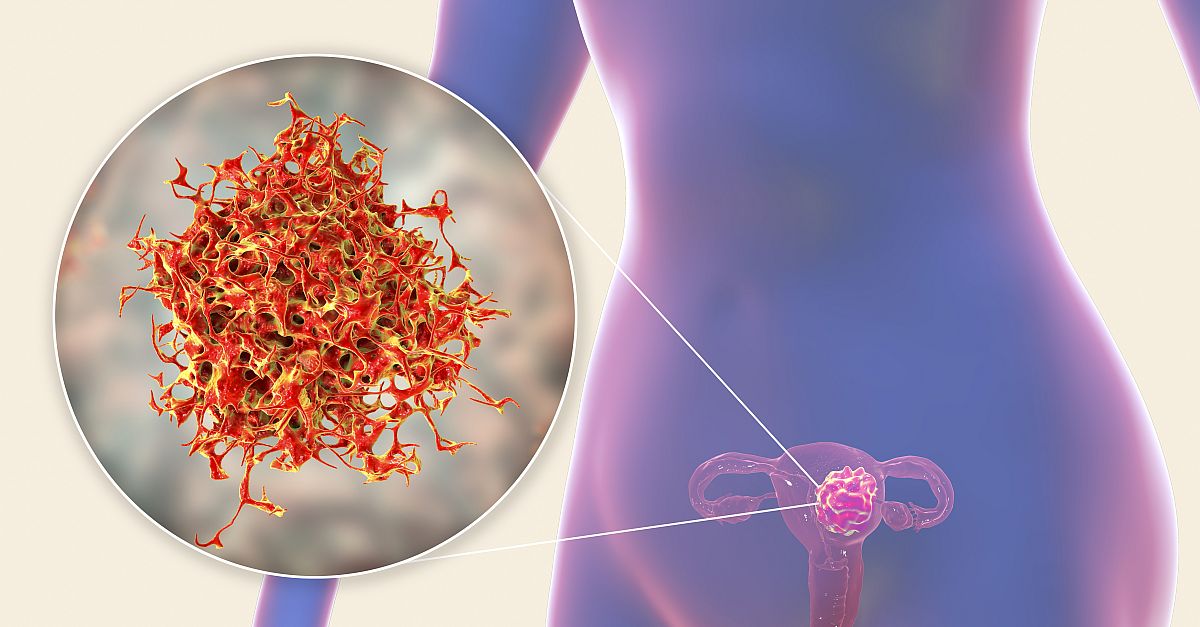 As part of our series “Expert Perspectives”, Aptitude Health spoke with Prof Christina Fotopoulou of Queen Charlotte’s and Chelsea Hospital in London, UK, to gain her perspectives on the treatment of ovarian cancer. Prof Fotopoulou is a consultant gynecologic oncologist whose principal areas of clinical practice relate to ultra-radical surgery for advanced and relapsed ovarian cancer and advanced gynecologic cancer. She is also trained in performing reconstructive surgery of patients after cancer surgery. Among her research projects, Prof Fotopoulou has investigated the implementation of targeted therapies in advanced gynecologic cancers and their implications on surgical practice. She has broad experience in national and international clinical and surgical trials in gynecologic cancers and is involved in the German, British, and European committees for development of guidelines in ovarian cancer. Here is a recap of our discussion:
As part of our series “Expert Perspectives”, Aptitude Health spoke with Prof Christina Fotopoulou of Queen Charlotte’s and Chelsea Hospital in London, UK, to gain her perspectives on the treatment of ovarian cancer. Prof Fotopoulou is a consultant gynecologic oncologist whose principal areas of clinical practice relate to ultra-radical surgery for advanced and relapsed ovarian cancer and advanced gynecologic cancer. She is also trained in performing reconstructive surgery of patients after cancer surgery. Among her research projects, Prof Fotopoulou has investigated the implementation of targeted therapies in advanced gynecologic cancers and their implications on surgical practice. She has broad experience in national and international clinical and surgical trials in gynecologic cancers and is involved in the German, British, and European committees for development of guidelines in ovarian cancer. Here is a recap of our discussion:
In your opinion, what is the most important achievement of the last 5 years in ovarian cancer?
The most important achievement is the introduction of PARP [poly(ADP-ribose) polymerase] inhibitors in primary and relapsed disease. That, in combination with radical debulking surgery, has brought a significant prolongation of remission in our patients.
By contrast, what is your biggest disappointment?
Well, my biggest disappointment was COVID, which, yes, brought us unprecedented times and has made us have to significantly compromise all the oncologic advances that were achieved in the last decade and deprive patients of optimal surgical and systemic oncologic treatment. So, it clearly showed us our limitations.
What is the most important medical need in ovarian cancer management that is currently unmet or is on the way to being answered right now with clinical trials?
There are many . . . how can we overcome platinum resistance? How can we better stratify patients to adequate surgery and chemotherapy in a more individualized approach, as we do in other cancers? Ovarian cancer is a less common disease, so it’s often difficult to perform trials for specific subtypes of the disease. We still put most subtypes together, so individualized approach remains an unmet need.
What is the more interesting strategic direction that you think will be or should be developed for ovarian cancer?
Individualization of surgical and systemic care, implementation of more-accurate prognostic and predictive algorithms, and even at some point, replacement of cytotoxic chemotherapy with novel, targeted agents.
Do you think we are in a situation where we can start talking about a cure in ovarian cancer, especially in advanced disease?
Cure, as a word in advanced cancers, is very often an illusion, and the problem with talking about cure is that people chase cure and then won’t treat patients with advanced disease that could have a prolongation of remission and survival just because they can’t be cured.
Right now, survival rates have increased, but cure rates have not increased yet. But with the introduction of PARP inhibitors, we may see a change in that. So, we will have to see in the future whether cure rates will also be increased.
What do you think is an approach that we were taught by COVID that we can take further as a benefit rather than as a disappointment?
One of the most important things that we have learned is the value of virtual consultations and assessment. Patients don’t need to come all the way to us, and that has facilitated second opinions for overseas patients or patients from other centers, so implementation of virtual consultations has been very good. Then the second point is that it actually brought us together, and we have learned that it’s now possible to do scientific meetings and reach agreements virtually. We don’t need to travel in to do it anymore. I hope that can increase collaboration and networking in the future.
Lastly, how will the clinical trial situation be changing, especially with the shift to smaller and smaller subpopulations due to our understanding of biology, mutations, and genetic facilities? Is it going to make the trials more complicated to go forward with new drugs?
No, my vision is that we don’t need to go necessarily by organs, but by rather histology, to cluster conditions for clinical trials. For example, patients with clear cell ovarian and uterine cancers could go together into the same study. So, we don’t need to be narrow-minded and just choose according to an organ because the cancer happened to be there, but to go by histology, by tumor biology, and group patients to basket trials. I think it will open new doors, and like any new door, we must find ways to expand and limit opportunities.

